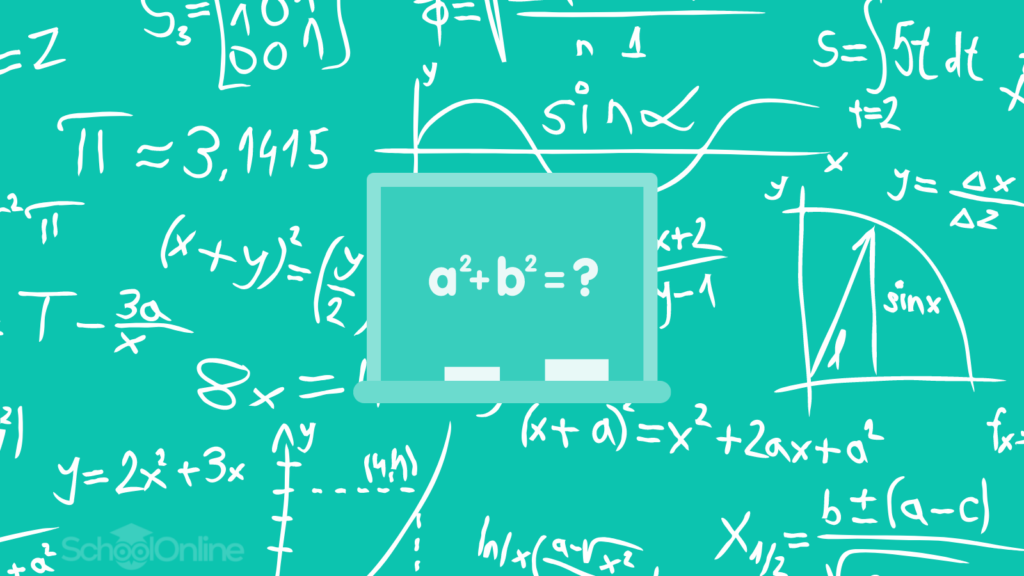We spoke to two of our expert GCSE Maths teachers, from our panel, to get their opinions on the differences between foundation and higher tiers in GCSE Maths.
Our expert teachers:
David Wilson
- David is the Head of Mathematics at a high achieving school in Bury;
- He is a Specialist Leader of Education, providing support to other schools;
- Additionally, David has worked for exam board Pearson for six years as an examiner, marking GCSE papers.
Pete Jerome
- Pete teaches Maths and is head of Year 12 in Croydon;
- He has nearly 20 years of experience in financial markets at some of the biggest investment banks such as Citibank, Barclays, and Lehmans;
- Pete is passionate about IT and is supporting the roll-out of iPads to all the students at the academy.
So, what did our experts have to say?
What is the difference between foundation and higher GCSE Maths?
Dave says:
In essence, the Higher Maths GCSE demands a wider and deeper knowledge of topics and a greater number of mathematical skills and procedures.
The GCSE specification published by the exam boards detail which topics are taught in Foundation and Higher Maths.
There are a significant number of ‘cross over questions’ which appear on both papers. Questions on a higher paper start at Grade 4 and 50% of the content is Grade 7 or above.
Pete says:
The foundation paper caps grades at Grade 5. The higher paper has a minimum grade of Grade 4, with anything under that becoming ungraded. There is more content to learn in the higher papers, that if you have been set a foundation class for years, will be difficult (but not impossible) to learn in Year 11.
Another question we were recently asked by a parent about the different tiers of GCSE Maths was:
‘My child is currently in the foundation class, even if they work really hard to improve does this mean they won’t be able to take higher as they won’t have learnt the higher content?’
What do our experts think?
Dave says:
Bear in mind the answer to the previous question, 50% of the higher paper is grade 7 or above. The foundation curriculum only goes up to Grade 5, so that is a big knowledge gap to narrow. I have had many students in recent years who were struggling to get a pass grade in a higher class, and when they moved down to foundation their grades improved soon after. The same could apply in reverse, some students doing well at foundation may find it hard to maintain their grades doing higher papers. The pandemic has inevitably brought even more caution to these tiering decisions.
Pete says:
I would suggest that unless you are moved into a higher group in year 10, it will be difficult. You can really only learn the extra content in year 11 if you get tutored and the student is highly motivated to achieve.
Whether you’re working on higher or foundation GCSE Maths SchoolOnline.co.uk has hundreds of recorded video tutorials with expert examiners and tutors to support you in reaching the grade you want and deserve. From just £9.99/month you could be on your way to Smarter Learning and Better Grades in no time! Click here to find out how we can further support you.

Has this article answered some of your questions about the difference between higher and foundation tiers at GCSE Maths? We hope so! If you have anything else you’d like answered by our experts, why not drop us a message! You can contact us by email: info@schoolonline.co.uk or speak to our live customer helpdesk at SchoolOnline.
We look forward to helping you to achieve Smarter Learning and Better Grades!


